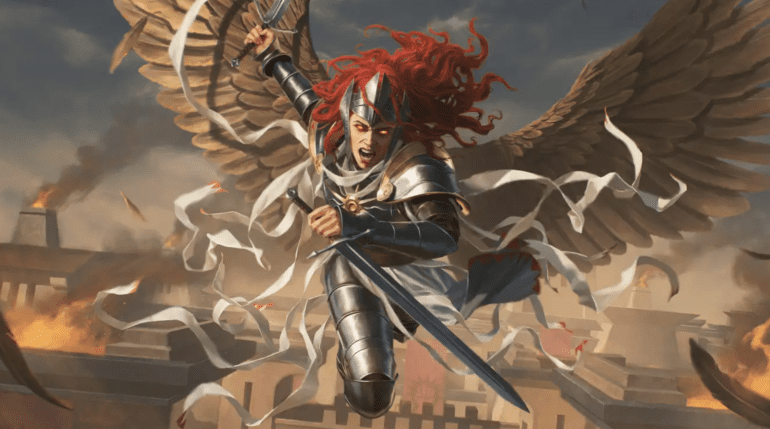TL;DR:
- Wizards of the Coast bans the use of generative AI in Magic: The Gathering, following a D&D art controversy.
- The company emphasizes the value of human creativity and innovation in its games.
- Guidelines prohibit AI tools at all stages of the creative process, aligning with D&D’s policy.
- Layoffs at Hasbro, Wizards’ parent company, coincide with this decision.
- Controversy arises over a job posting for a Digital Artist role, raising questions about its alignment with the AI ban.
Main AI News:
In an unprecedented move, Wizards of the Coast, the powerhouse behind Magic: The Gathering and Dungeons & Dragons, has officially prohibited the use of generative AI in the production of their beloved games. This decision follows a recent controversy in which a Dungeons & Dragons artist admitted to utilizing AI programs to complete artwork for the sourcebook “Glory of the Giants.” Now, the company is extending this ban to Magic: The Gathering, marking a significant shift in their creative process.
The announcement, made through a statement on Daily MTG, emphasizes the company’s dedication to the human touch that has defined Magic for the past three decades. “For 30 years, Magic: The Gathering has been built on the innovation, ingenuity, and hard work of talented people who sculpt a beautiful, creative game. That isn’t changing,” the statement asserts. It reaffirms Wizards of the Coast’s stance on AI generative tools, stating that artists, writers, and creatives involved in Magic: The Gathering must refrain from using such tools in the creation of final products. The company firmly believes that the essence of Magic lies in the expertise and artistry of its human contributors.
This decision came in the wake of a public outcry when it was revealed in August that the D&D sourcebook “Bigby Presents: Glory of the Giants” contained artwork enhanced by generative AI-generated elements. While Wizards continued to collaborate with the artist responsible, they also established stringent guidelines to prevent the use of AI art generation in the creation of D&D art. An updated version of “Glory of the Giants” was published, replacing the AI-assisted pieces with new artwork commissioned from human artists.
Although the wording in the statement for Magic differs from that of D&D, specifying that “final Magic products” cannot incorporate generative AI tools, a spokesperson from Wizards of the Coast confirmed that the guidelines regarding generative AI are consistent. This ban applies to all stages of the creative process, reinforcing the company’s commitment to the exclusion of AI technology.
In an additional development, this decision coincides with layoffs at Hasbro, Wizards’ parent company. The Wall Street Journal reported that Hasbro plans to cut 1,100 jobs within the next six months as part of cost-cutting measures. Many creatives from Wizards of the Coast, including those from the D&D and Magic teams, have confirmed their inclusion in the layoffs. Recently, the company faced criticism for advertising a Digital Artist position at Wizards of the Coast shortly after the job cuts were announced. The job description raised concerns as it mentioned tasks related to modifying artwork, prompting questions about the role’s compatibility with Wizards’ new stance on AI.
Conclusion:
Wizards of the Coast’s firm stance against the use of generative AI in the production of their games reaffirms their commitment to the human-driven creative process. This decision, along with Hasbro’s layoffs, underscores the challenges faced by the gaming industry. The controversy surrounding the Digital Artist job posting reflects ongoing scrutiny and debate within the market regarding the integration of AI in creative roles.

